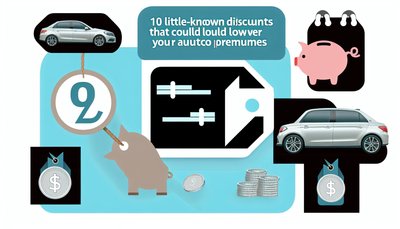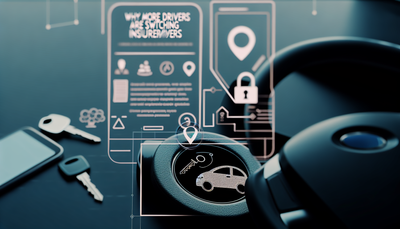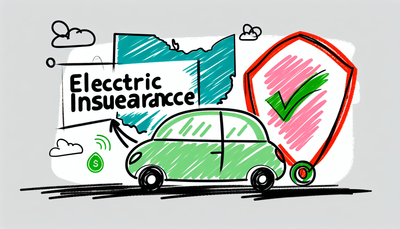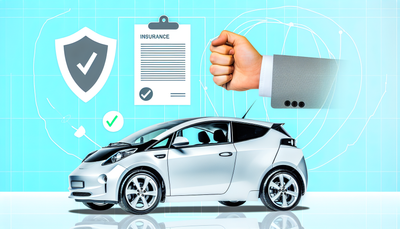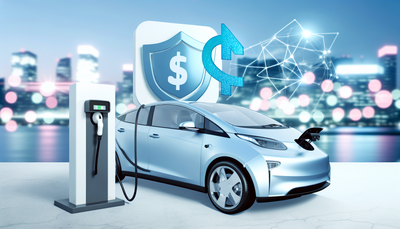The Pros and Cons of Insuring Electric vs. Gas-Powered Cars
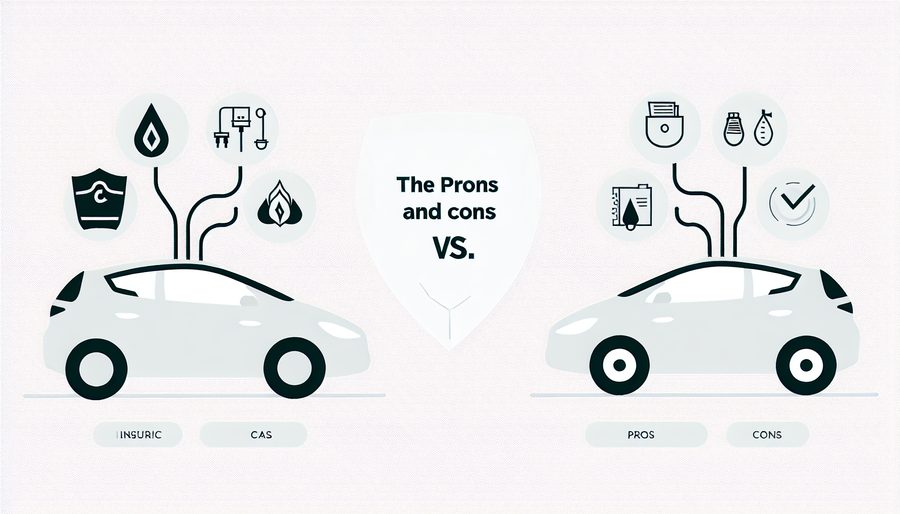
The Pros and Cons of Insuring Electric vs. Gas-Powered Cars
As electric vehicles (EVs) continue to surge in popularity, questions around their maintenance, performance, and especially insurance are top of mind for many drivers. Whether you're already an EV owner or considering the switch from a traditional gas-powered car, understanding the differences in insuring these two types of vehicles is key.
In this blog post, we break down the insurance comparison between electric cars and gas-powered cars — from cost and coverage to risk assessment and incentives.
🚘 Insurance Costs: Electric vs. Gas-Powered Cars
Electric Cars:
- Generally, insuring an EV tends to cost more.
- High repair costs due to specialized parts and limited service providers.
- Expensive battery replacement can increase potential claim payouts.
Gas-Powered Cars:
- Typically cheaper to insure.
- Parts and repairs are more widely available and often less expensive.
- Long-standing data helps insurers set accurate premiums.
Verdict: While EV insurance can be pricier upfront, some insurers are beginning to offer competitive rates as the market matures.
🧰 Maintenance and Repair Considerations
Electric Cars:
- Fewer mechanical parts mean fewer breakdowns.
- Repairs may require specialized technicians, which can drive up claims.
Gas-Powered Cars:
- More moving parts mean more potential failures, but repairs are usually straightforward and inexpensive.
Insurance Impact: Lower maintenance doesn’t always translate to lower insurance for EVs due to costly components like batteries.
📈 Risk Factors and Safety Ratings
Electric Cars:
- Often come equipped with advanced safety tech.
- Heavier weight can improve crash safety scores.
Gas-Powered Cars:
- Safety varies widely depending on make and model.
- Lighter frames may increase injury risk in crashes.
Insurance Perspective: Vehicles with higher safety ratings often receive discounts, so high-tech EVs may qualify for lower premiums over time.
🌱 Incentives and Discounts
Electric Cars:
- Some insurers offer EV-specific discounts and green vehicle incentives.
- Potential bundling deals for owners using solar power or home charging stations.
Gas-Powered Cars:
- Traditional discounts apply (good driver, multi-policy, etc.).
- Fewer eco-friendly incentives.
Bonus Tip: Check with your insurer about exclusive EV packages or programs!
⚖️ Final Verdict: Which One Wins?
There’s no one-size-fits-all answer when it comes to insuring electric vs. gas-powered cars. Here's a quick summary:
| Factor | Electric Cars | Gas-Powered Cars |
|---|---|---|
| Insurance Cost | Higher (for now) | Lower |
| Repair Expense | Higher | Lower |
| Safety Features | Advanced | Varies |
| Discounts | Eco-friendly options | Traditional only |
🏁 Conclusion
As electric cars become more mainstream and technology advances, we can expect insurance rates to normalize and even drop in some cases. However, at present, gas-powered cars still have the edge in terms of affordability in the insurance world.
When considering an EV, don’t just look at the sticker price or fuel savings—factor in your insurance comparison too. It could make a significant difference in your total cost of ownership.
Before making a decision, get quotes for both vehicle types and speak to insurers who specialize in electric car policies.
Ready to make the switch or stay with the familiar? Either way, know your options and insure smart!

